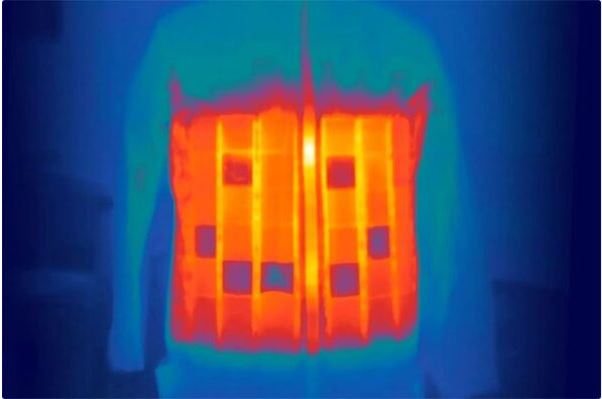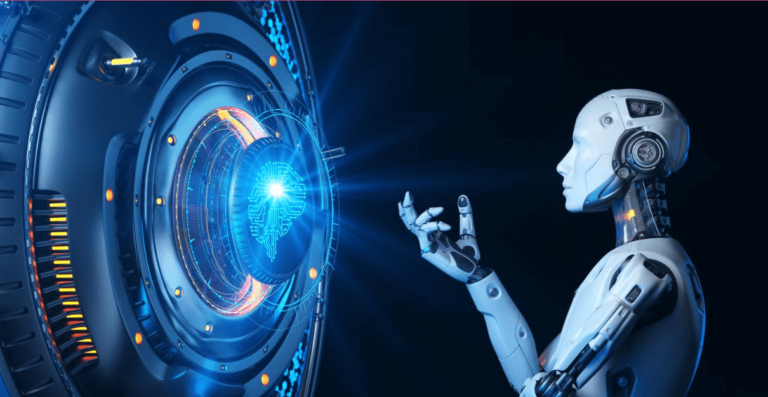Within a month, a series of largely nonpublic Samsung Semiconductor information was blurted outside and fell into the hands of the company behind ChatGPT.
There have been numerous warnings about the possibility of data leaks through exchanges with ChatGPT but now people are seeing the disastrous consequences of these incidents. Samsung’s top secret data was accidentally blurted when workers of this company used ChatGPT to help them get work done.
Samsung has a policy of allowing masterminds in its semiconductor division to use textbook- generating AI tools to help fix problems in the source law. But to do so, masterminds will have to enter a lot of nonpublic data, similar as the source law itself of the new program they’re working on, internal notes during meetings related to the tackle they’re working on. develop.
As a result, within the history 1 month, the company has recorded 3 cases of workers oohing sensitive information via ChatGPT. Since ChatGPT will save stoner- entered data for farther training, Samsung’s trade secrets are now in the hands of OpenAI, the company behind this AI chatbot service.

To help this from passing again, Samsung Semiconductor is presently developing an AI specifically for workers to use internally, but they only use prompts that are limited to 1024 bytes in size.
A Samsung Semiconductor hand submitted the source law of a personal program to ChatGPT to fix the bug. This principally means that the hand has also blurted the source law of a top secret program to OpenAI – an outside company.
Another, more serious case, when an hand entered a test pattern of a chip to ask ChatGPT to identify the defective chip and optimize the test sequence. Optimizing the testing process and reducing the number of way to take can speed up semiconductor testing and product confirmation, greatly reducing chip manufacturing costs. still, the chip testing process to identify blights is a particularly secret information, but with the mistake of Samsung workers, this secret is now in the hands of OpenAI.
In another case, a Samsung hand used ChatGPT to convert meeting notes into slideshows. As a result, the hand uploaded the content of the meeting – which is easily not information Samsung wants other external third parties to know.
presently, Samsung Semiconductor is transferring warnings to its workers about the implicit threat of oohing classified information following the below incidents. This data is presently unrecoverable as it’s stored on waiters belonging to OpenAI, the company said. In the chip assiduity- which is decreasingly fierce- any kind of data blurted out can be disastrous for that company.

It seems that Samsung doesn’t have the right to pierce or recover sensitive data in the hands of OpenAI. Some have argued that this is what makes ChatGPT not biddable with the EU GDPR regulation – as one of the core subjects covered by this regulation is how companies collect and use data. This is also one of the reasons why Italy banned the use of ChatGPT nationwide.
On the Samsung side, it seems that they’re also considering a measure to block ChatGPT access if there are more data leakage cases like the history. Indeed so, these events show that the generated AI models and numerous other automated electronic design tools that are bedded with AI outside will play an important part in the chip product of the future.










